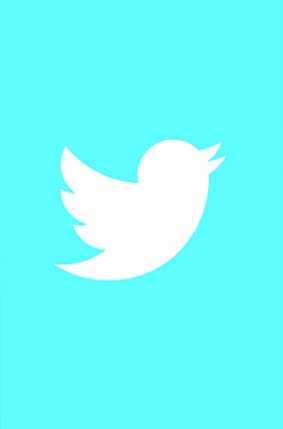Following the suspension of a prominent lawyer’s account, liberals ask if Twitter is wrong
There is a problem with both sides of the narrative in the media nowadays. They both are so extremely wedded to their views that they refuse to even concede a point to their opposition. And that becomes relevant when it comes to social media as well. The suspension of a prominent lawyer on Twitter has several commentators of an allegedly “liberal” nature hopping up and down screaming censorship and calling for the platform to be either monitored by the Government or rescinding the suspension of the lawyer. The user himself has filed a petition in court demanding that Twitter reinstate him and asked, ironically given his positions on several issues, for support from the Indian Government. One can rest assured that this is unlikely to happen. However, this brouhaha raises a pertinent point. While all internet services have their specific “Terms of Service” under US law, when they start serving a critical function in another country and another jurisdiction, who is liable for what? Who determines hate laws and freedom of speech?
Is Twitter commentary protected by the US’ First Amendment or is freedom of expression restricted as per the Indian Constitution? Frankly, these are unlikely to be answered by the courts in India in this particular case though increasingly it is becoming apparent that the Indian Government is reining in the Wild West. Foreign technology companies have so far operated on Indian soil with impunity, and the companies themselves, while being asked to bend, appear to be keeling over, fearful that access to 1.25 billion consumers might be cut off. A few things have to be kept in mind. India does not, as mentioned, have absolute freedom of expression with some ridiculous provisions in the penal code as well as the hysterical concept of criminal defamation. India might have a right to privacy but it has been a nation paranoid about security issues since the Sikh militancy and frankly, the entrenched security establishment has no idea how to deal with technology. Switching en masse to another service by those of a certain persuasion will not help either since that will be like moving from one echo chamber to another, but most likely any alternative service will have to adhere to Indian rules. That said, it would be good if Twitter, Facebook and other services were more open about their arbitration processes of dealing with suspensions and content takedowns. As for those on social media, while criticising the Government is warranted quite often, making fun of those of the opposite persuasion is trolling, no matter how smartly you wrap it.
Courtesy: The Pioneer








 OpinionExpress.In
OpinionExpress.In















Comments (0)